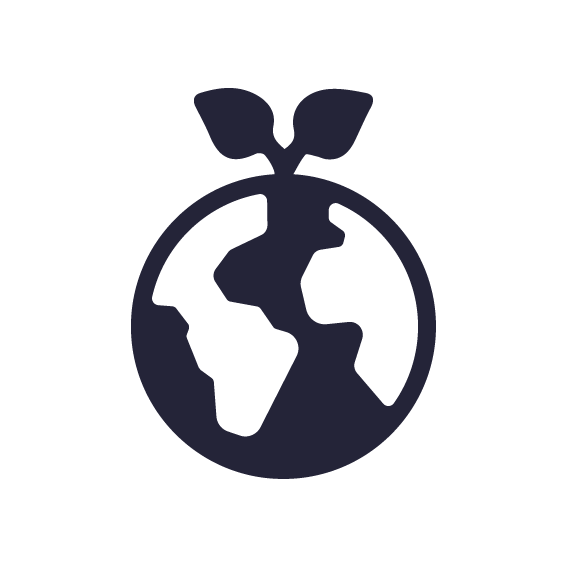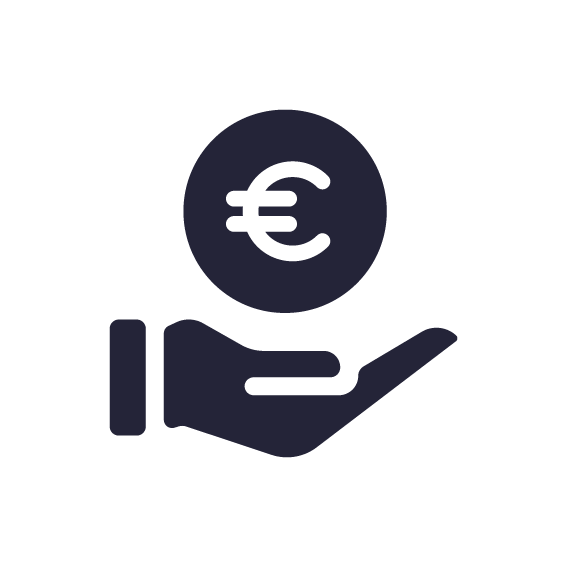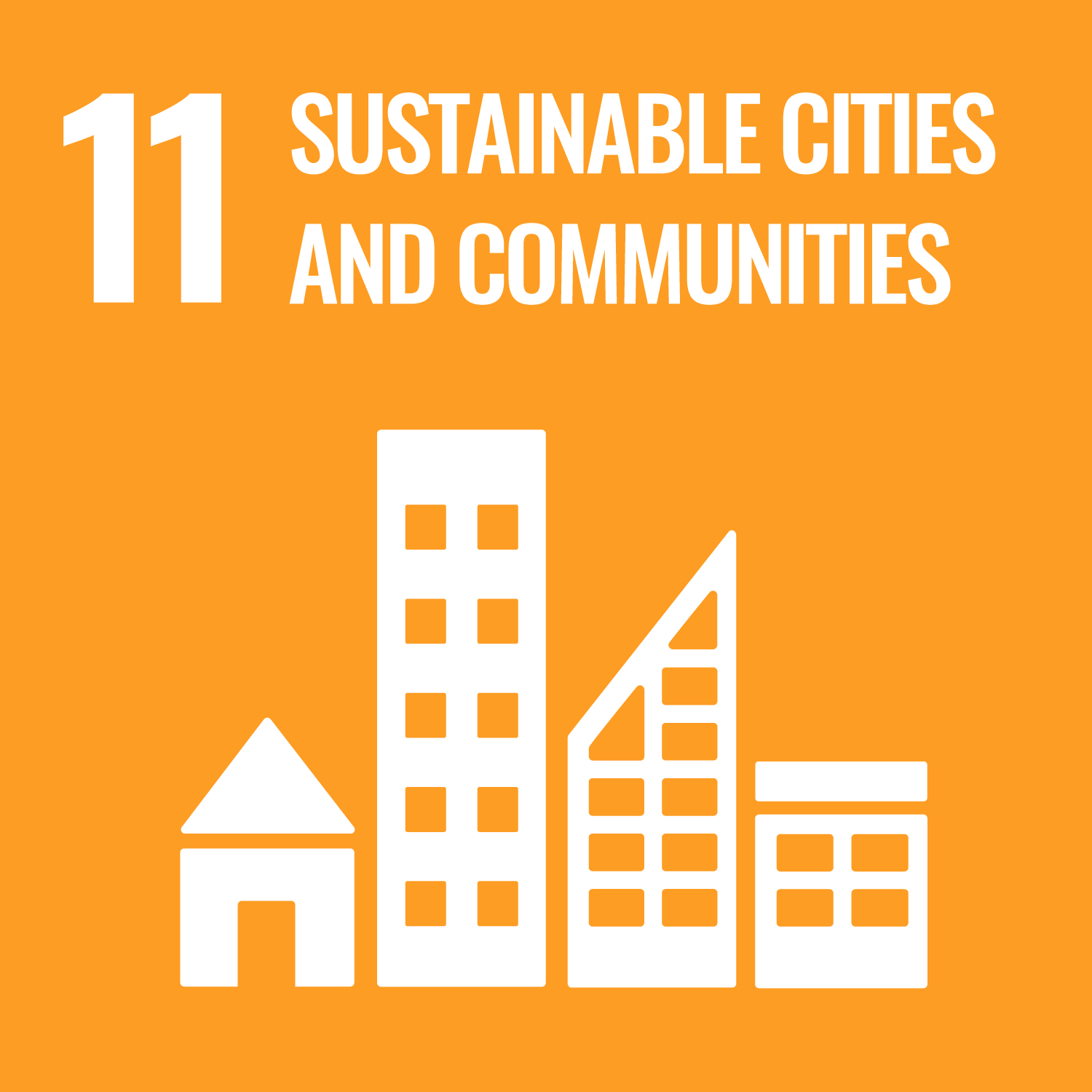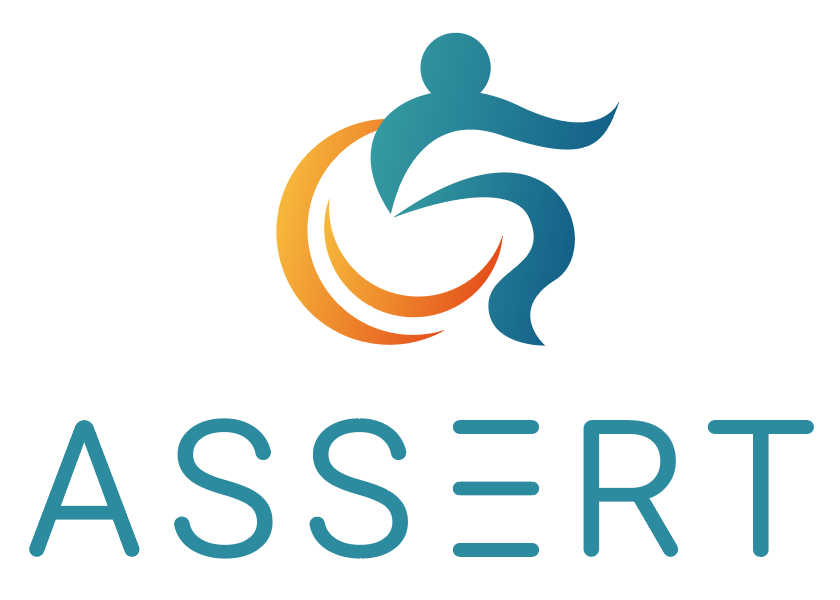The project was based on the territorial need to address social participation and the creation of ties the situation of poverty and vulnerability (40,792 people in Osona are in a situation of vulnerability, and the 13.1% are below the poverty line). Specifically, the need to eradicate energy poverty is a problematic affecting both the older population of the smaller core and the families with dependent children (often newcomers) of the middle core. Based on the knowledge and experience of Ecoservices in energy poverty, and through territorial knowledge of the Osona Local Energy Agency (ALEO) and Osona Social Action (ASO) the project was committed to a collective solution, which involves community empowerment and the promotion of social cohesion as an element of vulnerability reduction.
The innovative element of the project was the participation of vulnerable people in public photovoltaic installations, which allow families to receive a bonus on the bill. Through a social billing system, the system was intended to develop a new energy culture linked to the values of the territory and the communication of social activities aimed at improving cohesion from diversity.
The project aimed to encourage social participation as an essential element to eradicate energy poverty and integrate vulnerable families in the renewable energy transition, democratic and rooted in the territory. The project responded to the main lines of action delimited in the bases since: it strengthened and improved a service for guaranteeing the quality of life of people, such as attention to energy poverty; integrated social realities that contributed to generating a sense of community by working with different profiles of beneficiaries, such the elderly, families with children, migrants, and many others. In order to work and integrate these realities, the project was committed to coordinated action through the co-creation of actions and activities.
With a budget between 10.000 and 100.000€, the project developed energy empowerment activities such as understand electricity bills, consumer habits, consumer engagement activities, visiting PV installations, etc.
Main beneficiaries: the energy poor, low income consumers and national/local authorities.
-

-
 Countries impacted:
Countries impacted:
Spain -
 Geographical scale:
Geographical scale:
Regional and Local -
 Energy poverty phase:
Energy poverty phase:
Implementation -
 Intervention type:
Intervention type:
Consumer Advice, protection and empowermentFinancial mechanisms -
 Professionals involved:
Professionals involved:
Member of a local/national authorityEngineerSocial worker -

-
 Type of funding:
Type of funding:
Private funds from Fundació La Caixa -
 Website:
Website:
Case website -
SDGs addressed:



Explore more



